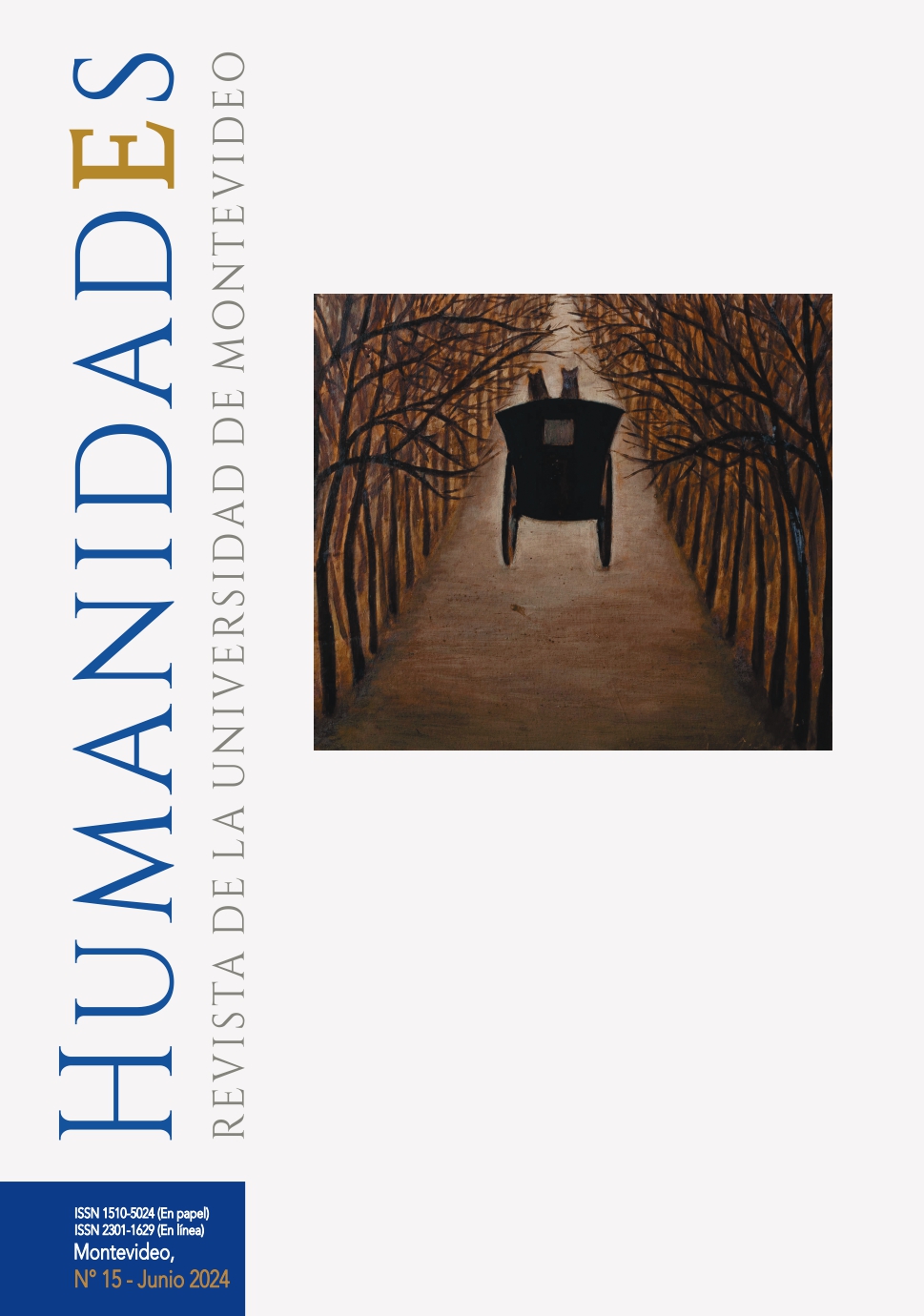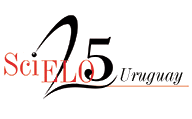Bottom and form of literature explained from an aria by Mozart. A didactic proposal
DOI:
https://doi.org/10.25185/15.6Keywords:
Literature, Music, Lázaro Carreter, Barenboim, Mozart, HumanismAbstract
This article is based on interest in reflection on the teaching of the humanities and its purpose is to share a specific teaching. Its purpose is to expose the intellectual path that has been followed to compose a class of literature. We start from the methodological proposal of Fernando Lázaro Carreter and Evaristo Correa Calderón in Cómo se comenta un texto literario (1968) and the ideas developed by Daniel Barenboim in Music Quickens Time (2008) to propose a class of literature that incorporates music and helps to realize how musical reflection can help to read and awaken sensitivity towards a text, its characters and the conflict it raises.
Downloads
References
Andrés, Ramón. Mozart: su vida y su obra. Madrid: Swing, 2006.
Barenboim, Daniel. La música despierta el tiempo. Barcelona: Acantilado, 2023. Traducción de Francisco López Martín y Vicent Minguet.
Barenboim, Daniel. “Las sinfonías de Beethoven no existen”. Entrevista por Alfonso Armada. El arte de la entrevista (Madrid: Turner 2022), 17-30.
Dent, Edward J. Mozart’s operas: a critical study. New York: McBride, Nast & Co., 1913. Libro electrónico: 2022-10-10 16:24 UTC. Owner ID: 9007199258082009-17/Seq: 13.
D’Ors, Santiago. El tambor, el río y la máscara. Un viaje por la literatura. Madrid: Gadir, 2022.
Kunz, Marco. El final de la novela. Teoría, técnica y análisis del cierre en la literatura moderna en lengua española. Madrid: Gredos, 1997.
Lázaro Carreter, Fernando y Correa Calderón, Evaristo. Cómo se comenta un texto literario. Madrid: Cátedra, 2020.
Libreto de Don Giovanni, de Mozart, acceso el 28 de octubre, 2023, http://kareol.es/obras/donjuan/acto1.htm
Mayoral Díaz, Marina. La poesía de Rosalía de Castro. Madrid: Gredos, 1974. https://www.cervantesvirtual.com/obra-visor/la-poesa-de-rosala-de-castro-0/html/01bee4cc-82b2-11df-acc7-002185ce6064_9.html#I_1_
Micó, José María. “Nuccio Ordine: de la filología italiana a la ética de la cultura”. Ínsula, nº 992 (2023): 11-14.
Zavala, Lauro: “Un modelo para el estudio del cuento”. Casa del tiempo (2006): 26-31.




























 This work is under a
This work is under a 